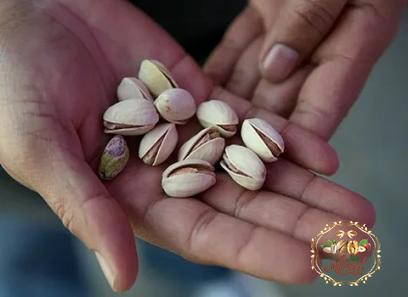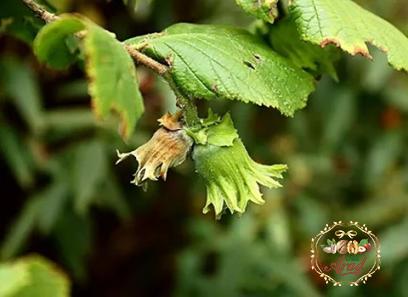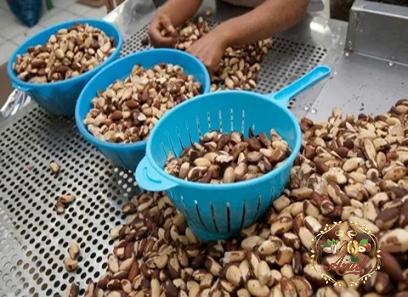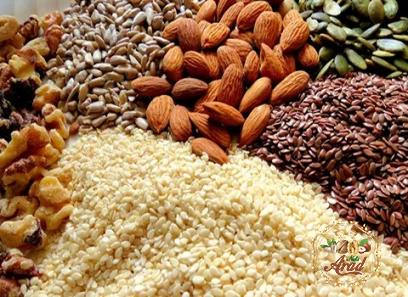Cashew nuts are among the most popular nut varieties globally, offering a delightful blend of taste and nutrition. With their rising demand, it is not surprising that countries strive to become the largest importers of cashew nuts. This article explores the advantages and disadvantages of being the largest importer, outlines the steps to achieve this status, and highlights the best practices for effectively utilizing this position.
Advantages of Being the Largest Importer of Cashew Nuts in the World:
1. Economic Growth: A country that successfully establishes itself as the largest importer of cashew nuts can experience significant economic growth. This position reflects increased market demand and creates opportunities for local cashew nut processing industries, job creation, and export expansion.
2. Trade Balance: Becoming the largest importer of cashew nuts can help a country’s trade balance by boosting exports of manufactured cashew nut products. These value-added products, such as cashew butter, roasted cashews, and cashew milk, can be marketed both domestically and internationally, driving revenue and reducing dependence on raw cashew nut imports.
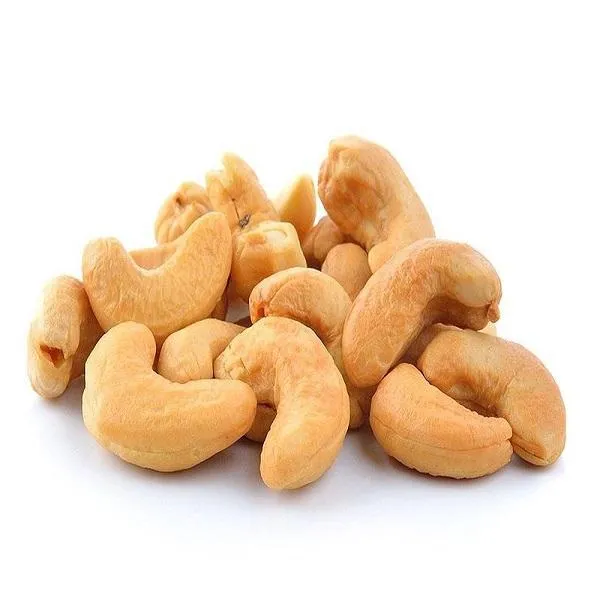
3. Access to Quality Cashew Nuts: By being the largest importer, a country can exercise greater control over the quality of imported cashew nuts. This advantage allows for quality assurance, ensuring that only the best nuts reach the market. In turn, this enhances the reputation of the country’s cashew nut industry and builds consumer trust.
Disadvantages of Being the Largest Importer of Cashew Nuts in the World:
1. Vulnerability to Price Fluctuations: As the largest importer, a country may face challenges due to the volatility of cashew nut prices in the global market. Fluctuations can affect profit margins for local processing industries and impact the affordability of cashew nuts for consumers.
2. Dependency on Foreign Suppliers: Being the largest importer also means relying heavily on foreign suppliers. This dependency can pose risks in terms of availability, quality control, and disruptions in the supply chain. It is crucial for importing countries to establish strong relationships with reliable cashew nut producers to mitigate such risks.
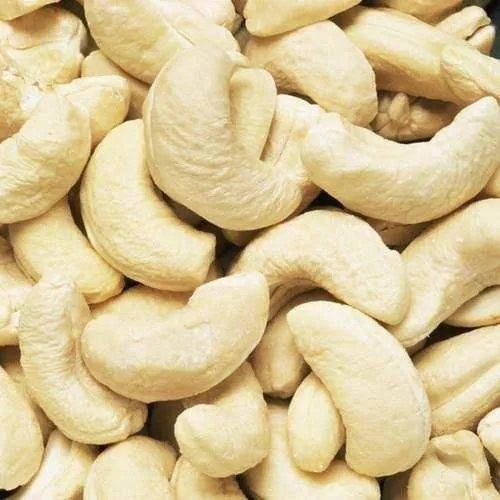
3. Environmental Concerns: Importing cashew nuts in large quantities can contribute to environmental challenges, including deforestation and habitat degradation in cashew-producing regions. As the largest importer, it becomes imperative to support sustainable farming practices and engage in reforestation initiatives to minimize these adverse effects.
How to Become the Largest Importer of Cashew Nuts in the World:
1. Market Research: Gain a deep understanding of the global cashew nut market, including consumption trends, buyer preferences, and potential opportunities for growth. Identify countries with high cashew nut production and analyze their export capabilities.
2. Strengthen Trade Partnerships: Forge strong trade partnerships with countries that have a substantial cashew nut surplus. Negotiate mutually beneficial trade agreements to secure a consistent supply of high-quality cashew nuts.
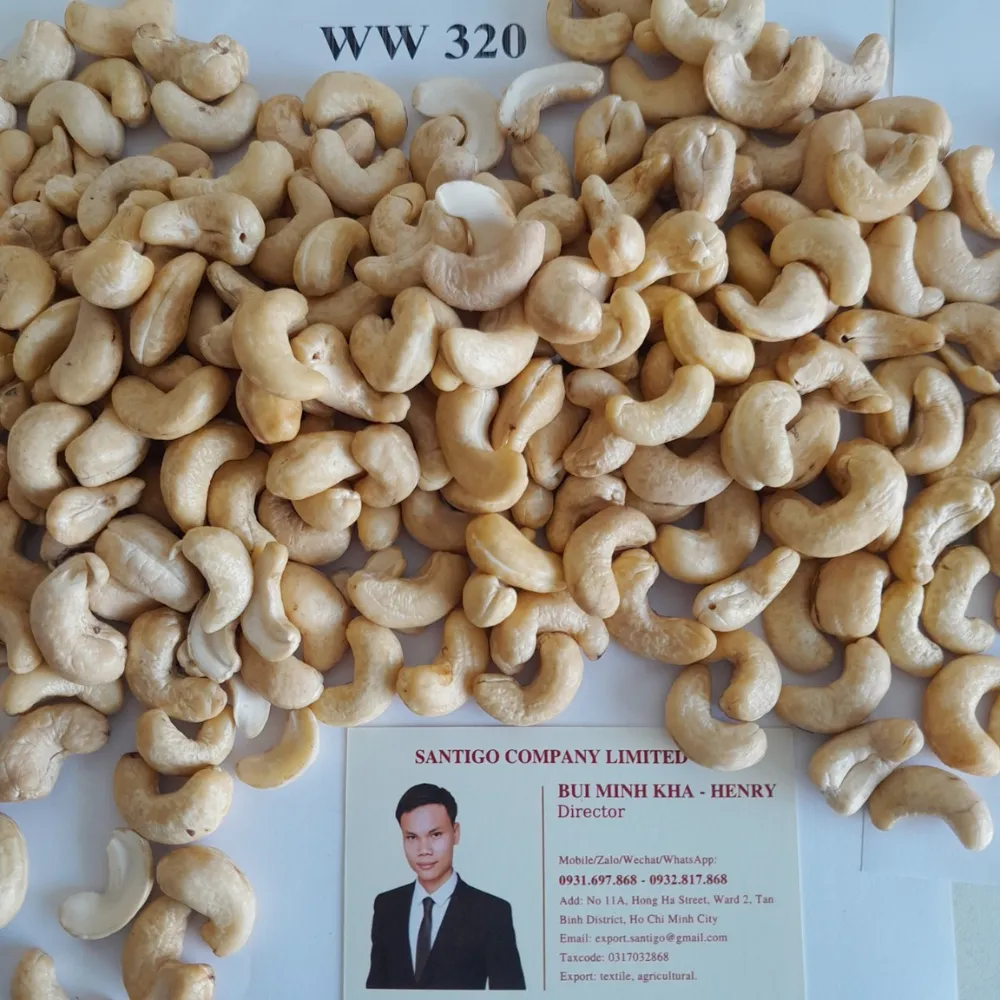
3. Infrastructure Development: Develop and enhance infrastructure, such as transportation systems, storage facilities, and processing plants, to accommodate the increased import volume. Efficient logistics are essential to ensure the freshness and quality of imported cashew nuts.
4. Quality Control Measures: Implement stringent quality control measures to protect consumer interests and maintain the reputation of the cashew nut industry. Regular inspections and standardized certifications can help in achieving consistent quality standards.
How to Utilize the Position of Largest Importer of Cashew Nuts in the World:
1. Value Addition: Encourage local cashew nut processing industries to diversify and produce value-added products. This allows for higher profit margins and increased export potential while catering to the growing demand for innovative cashew nut products.
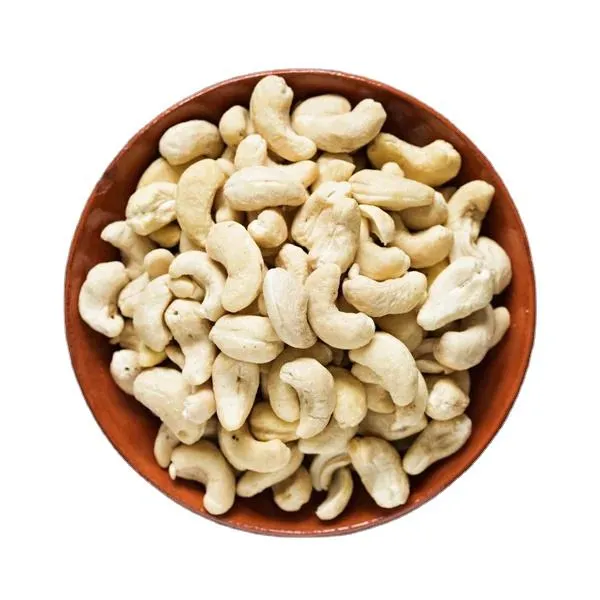
2. Research and Development: Invest in research and development of cashew nut processing techniques, packaging innovations, and marketing strategies. Stay ahead of competitors by continuously improving product quality, expanding product lines, and exploring new avenues for growth.
3. Export Promotions: Utilize the advantage of being the largest importer to promote cashew nut exports through trade fairs, exhibitions, and international marketing campaigns. Strengthen relationships with trade partners to access new markets and increase global market share.
Becoming the largest importer of cashew nuts in the world can provide both advantages and disadvantages for a country. While it offers economic growth opportunities and improves trade balance, challenges such as price fluctuations and environmental concerns must be addressed. By implementing effective strategies, investing in infrastructure, and promoting value-added products, a country can maximize the advantages of being the largest importer and establish a strong position in the global cashew nut industry.





